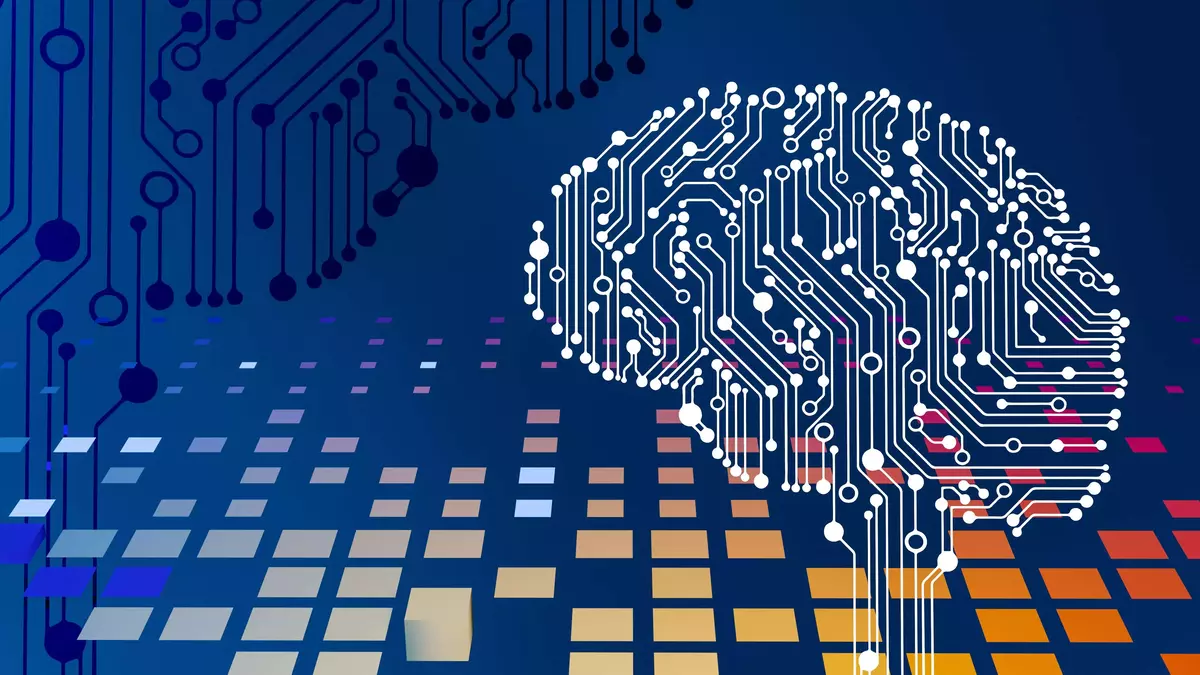Adaptive and responsive design becomes increasingly crucial for the success of a website. With the help of artificial intelligence (AI), this process of adaptation and optimization becomes more fluid and efficient than ever. In this article, we will explore how AI influences adaptive and responsive design, providing an enhanced experience for online users.
Defining Adaptive and Responsive Design
Adaptive design refers to a website’s ability to adapt to different screen sizes and devices, providing an optimal experience for users. Responsive design involves creating a website that automatically resizes and reorganizes to fit the screen size of the user’s device, regardless of its type.
The Role of Artificial Intelligence in Adaptive and Responsive Design
AI can analyze user behavior on the site and provide suggestions for improving adaptive and responsive design. AI systems can automatically optimize the layout and structure of the site based on user preferences and habits.
Personalizing the User Experience
With AI integration, websites can customize both content and design elements based on users’ browsing histories. This can involve suggesting tailored content or making adjustments to the site’s appearance to better suit individual preferences, thereby enhancing overall user satisfaction and engagement.
Optimizing Performance and Loading Times
AI can automatically identify areas that slow down page loading and suggest optimizations to improve site performance. AI technologies can compress and optimize images and other multimedia elements to reduce page loading times.
Designing Layouts and Visual Elements
With the help of AI, web designers can quickly and efficiently create layouts and visual elements tailored to different screen sizes and user preferences. AI systems can automatically generate design variations and test their performance before implementation.
Improving SEO
Adaptive and responsive design is essential for SEO rankings, and AI can contribute to optimizing these aspects to improve the visibility of the site in search engines. AI algorithms can identify and correct compatibility issues with mobile devices or other aspects that affect SEO performance.
Artificial intelligence brings a new level of efficiency and adaptability to adaptive and responsive website design. By using AI, web designers can create sites that offer a personalized and optimized experience for each user, regardless of the device used. Adaptive and responsive design with the help of artificial intelligence represents the future of the online experience, ensuring that sites adapt and optimize in real-time to meet the needs and preferences of users.
Learn about Advancements in Website Development: Exploring WEB AI
Follow us on social media:
Instagram: https://www.instagram.com/securemenow/
Facebook: https://www.facebook.com/securmenow
We offer WEB AI and web design services. Contact us







